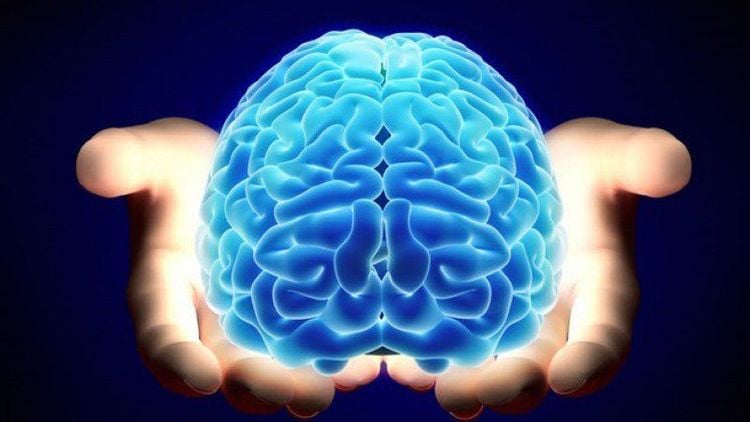This is an automatically translated article.
Sleep plays an important role in human health. A deep sleep will bring a spirit of excitement, relaxation, comfort, while helping to regenerate and restore strength to the body.
1. The benefits of deep sleep
A deep sleep will help the metabolism of glucose in the brain will increase, helping to support short-term, long-term memory and overall learning ability.
Some other benefits of deep sleep for humans, including:
Cell regeneration Restores energy Boosts blood supply to muscles Boosts immune system health Promotes growth and repair tissue and bone damage.

Ngủ sâu giúp cải thiện trí nhớ ngắn hạn và dài hạn
2. What happens when you don't get enough sleep?
Deep sleep has an important job to help the brain work efficiently to process the information you receive every day. If you don't get enough sleep, your brain will have trouble converting this information into memory.
In addition, not getting enough sleep has also been linked to some of the following medical conditions, including:
Heart disease Diabetes Alzheimer's disease Stroke .
3. How long do you need deep sleep?
Sleep is also divided into several stages.
Stage 1: Drowsy state or doze, easy to wake up. Stage 2: The sleeper can still be awakened by the sounds. Stage 3: At this stage, the sleeper has fallen asleep, there must be loud noises or someone shakes or touches the person to wake up. Stage 4: This is considered the deepest and most delicious stage of sleep, during this stage can lead to bedwetting....

Một giấc ngủ được chia thành 4 giai đoạn
On the other hand, deep sleep tends to decrease with age. If you're under 30, you can get about two hours of deep sleep a night. For people over 65 years old can only sleep about half an hour a night, or even no deep sleep.
Currently there are no specific requirements for the amount of deep sleep, but young people need longer deep sleep to promote growth and development.
4. How to be able to sleep deeply?
Heat can promote sleep with slower brain waves. For example: Taking a hot bath or sauna before going to bed will significantly improve the quality of your sleep.
Besides, a low-carbohydrate diet, or the use of certain antidepressants can also bring about a deep sleep. Here are some tips to help you have a deeper sleep, including:
Turn off the computer, TV and other sources of blue light about an hour before you go to bed. Exercise regularly, at least 20-30 minutes a day, but avoid exercising around bedtime. Limit beverages that contain caffeine, nicotine, and alcohol as they can affect your sleep.

Hạn chế sử dụng các loại đồ uống có chứa caffeine trước khi ngủ
Go to bed at the same time every night and try to stick to this routine. You can change to a more comfortable pillow. Nighttime hunger can make it difficult to fall asleep, so try having a bedtime snack. Some studies have shown that tryptophan, a chemical found in milk, has the effect of stimulating sleep. If you have trouble sleeping at night, cut your nap time short. When the body is tired and wants to rest, but the mind does not stop working. At this time, you should meditate or pray, and music is also an effective therapy to help ease anxiety and stress in your mind. Any questions that need to be answered by a specialist doctor as well as if you want to be examined and treated at Vinmec International General Hospital, you can contact Vinmec Health System nationwide or register online. online HERE.
References: healthline.com, webmd.com
SEE MORE
Common types of sleep disorders Sleep disorders treatment measures Why do children have sleep disorders?













